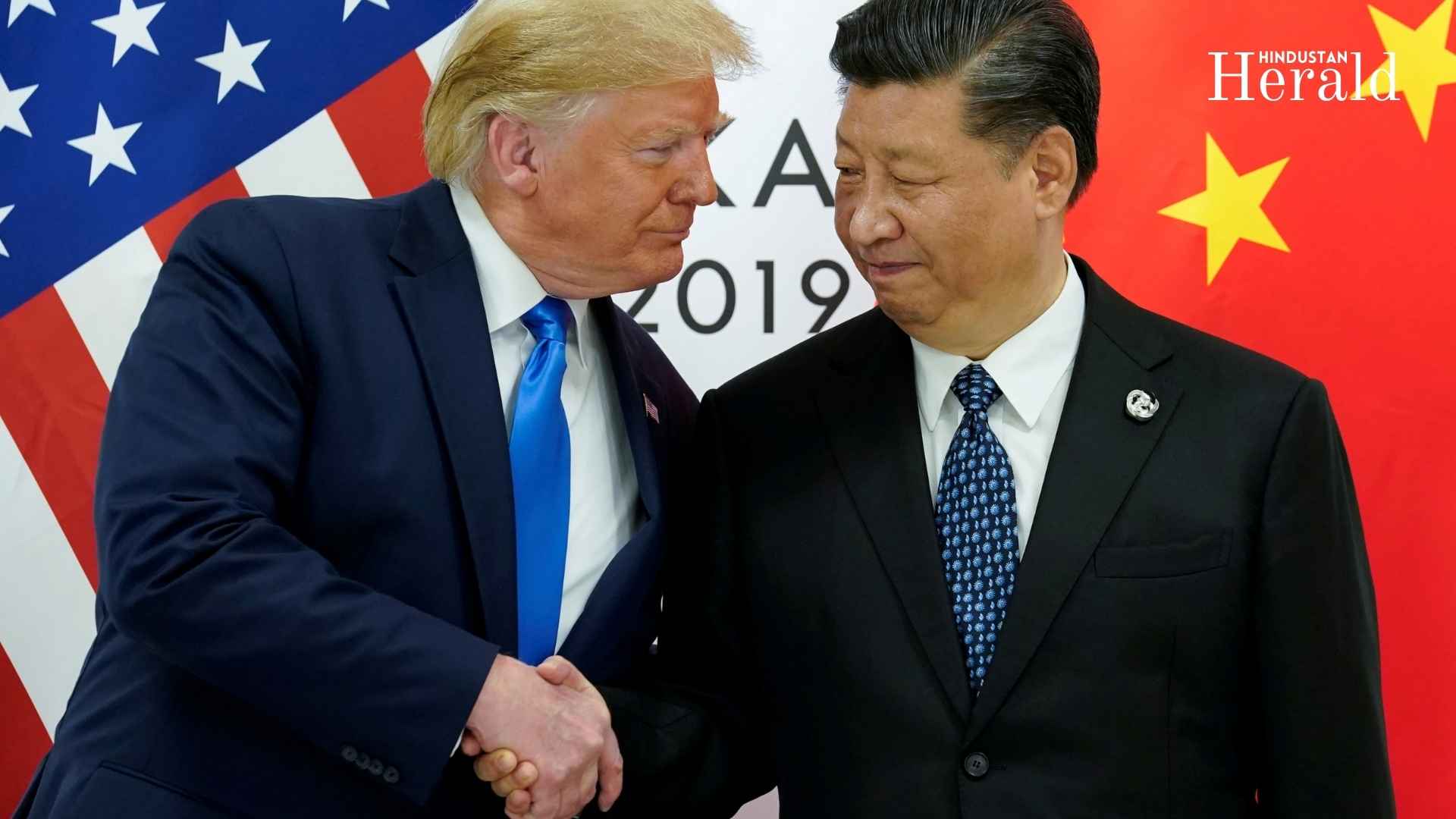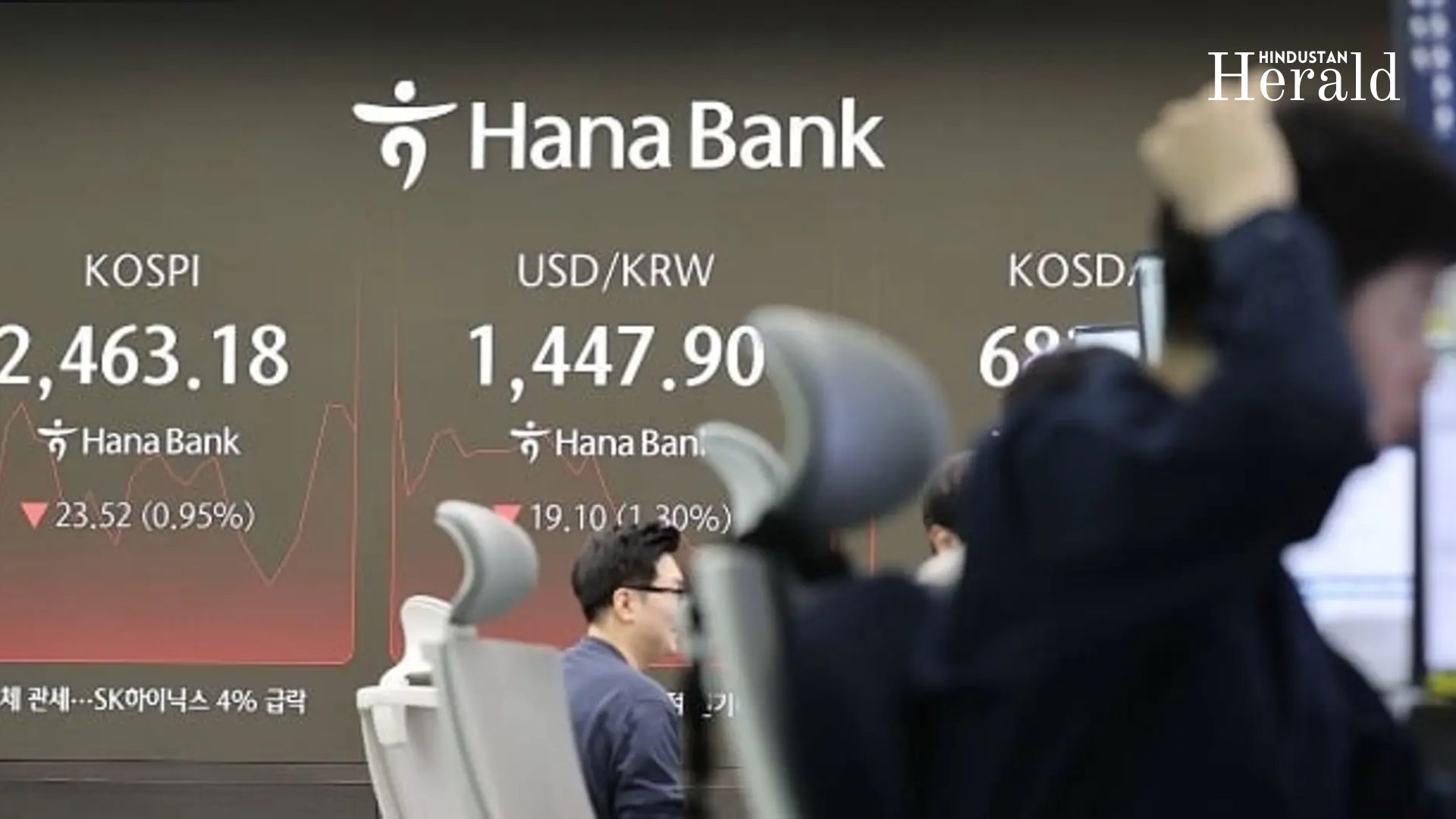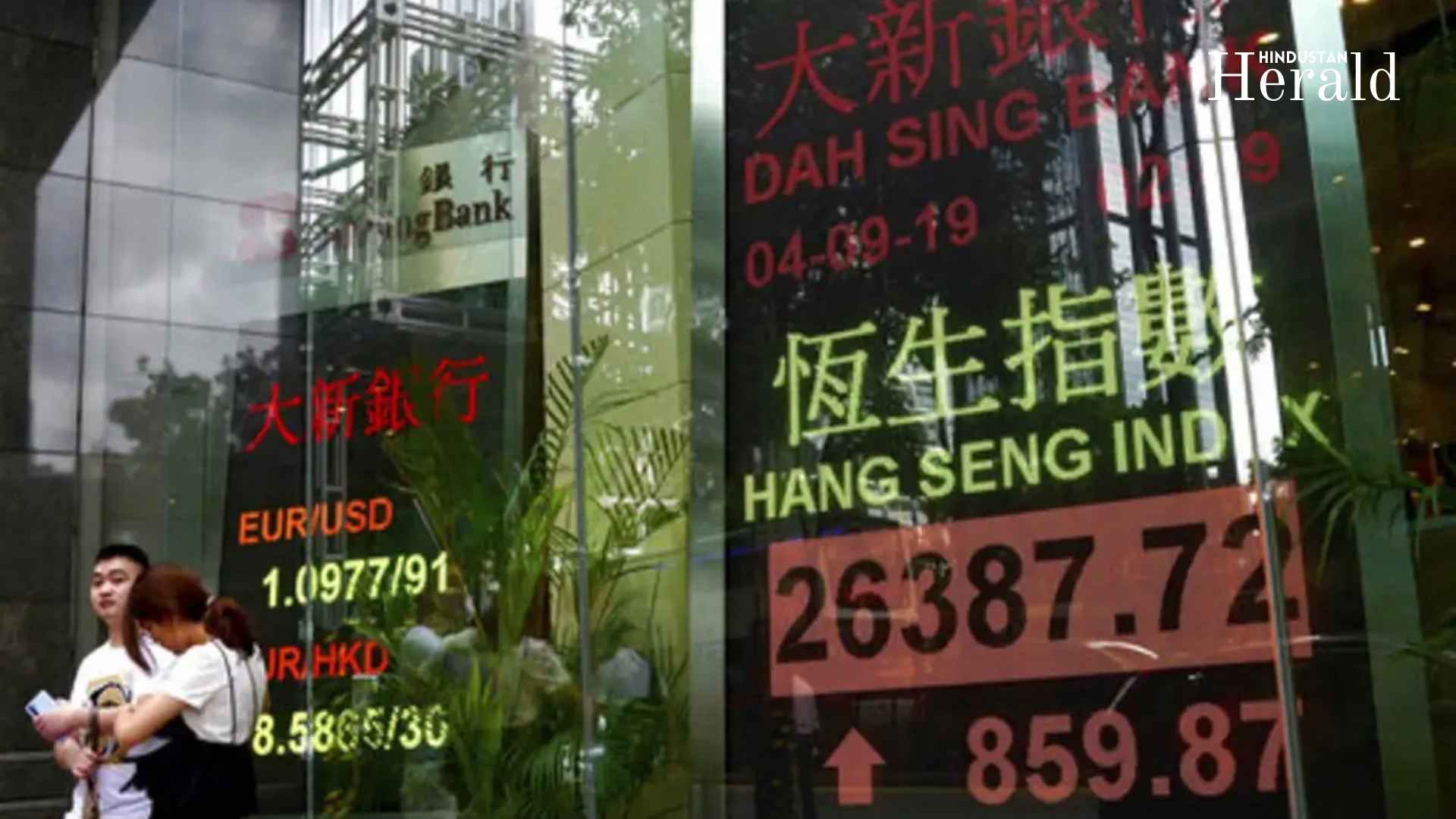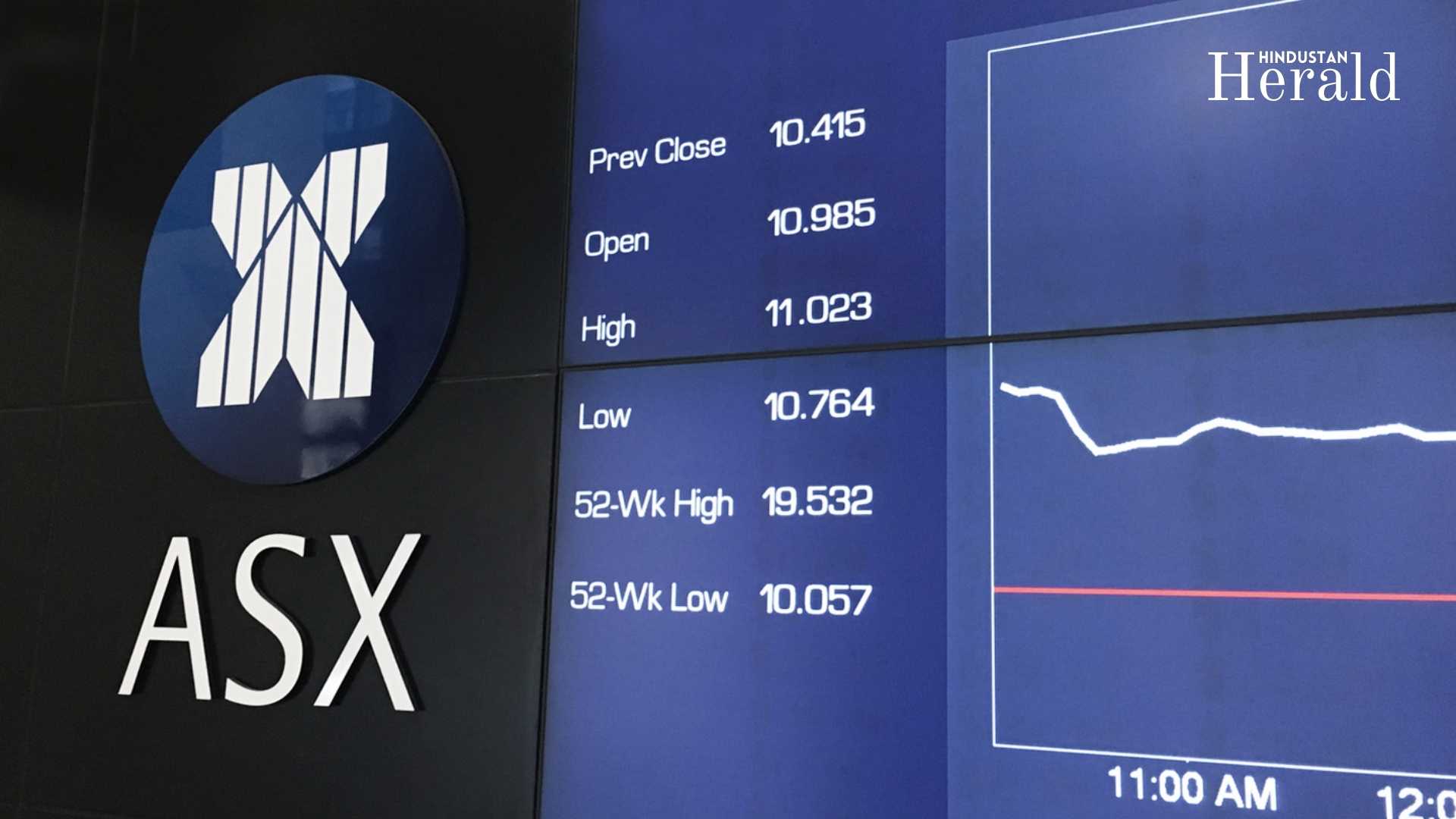U.S. Revokes South Sudan Visas Amid Rising Civil Unrest and Diplomatic Breakdown
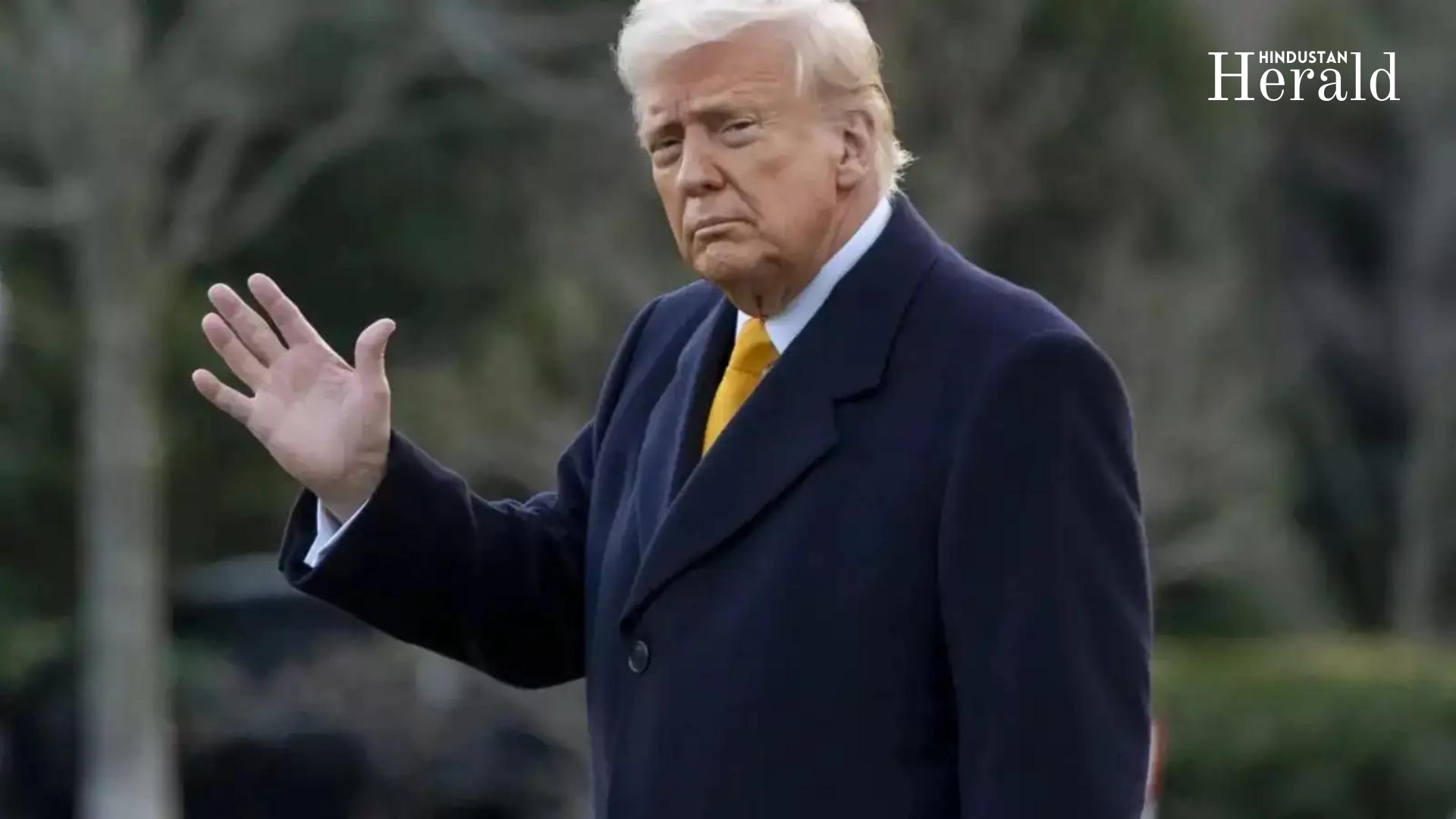
Table of Contents
Washington, D.C. | April 8, 2025:
In a decision drawing international concern, the Trump administration has revoked visas for all South Sudanese nationals, intensifying fears for a nation teetering on the edge of renewed civil war. The move comes amid rising political strife in South Sudan and deepening humanitarian despair for millions facing hunger, disease, and displacement.
Visa Revocation Reflects Waning U.S. Support
On Saturday, U.S. Secretary of State Marco Rubio announced the visa ban, effectively halting all future entry for South Sudanese passport holders. His deputy, Christopher Landau, cited Juba’s refusal to repatriate one of its citizens as the triggering cause.
The decision is sweeping and unusual. In January, only 46 nonimmigrant visas were issued to South Sudanese citizens—relatively few compared to neighboring nations like Kenya. Yet, the ban’s symbolic weight is heavy, signaling a U.S. pullback from a country it once helped create.
“A massive storm is forming over South Sudan, and the visa ban only adds to the anxiety,” said Daniel Akech, senior analyst at the International Crisis Group.
Political Breakdown Deepens in Juba
South Sudan’s fragile peace, built after a five-year civil war that killed nearly 400,000 people, is unraveling. Tensions between President Salva Kiir and his longtime rival Vice President Riek Machar have worsened in recent weeks.
Machar, who was reportedly placed under house arrest in March, has seen his forces clash with government troops in several regions, including the capital Juba and Upper Nile State. A U.N. helicopter carrying wounded soldiers from one such conflict was attacked, killing a general and several officers.
Amid this internal strife, Uganda has deployed troops to South Sudan at Kiir’s request—further alienating Machar and his allies. Diplomatic efforts by regional bodies have so far failed to mend the divide, raising fears of full-scale collapse of the 2018 peace accord.
Aid Cuts Compound a Humanitarian Crisis
The U.S. decision comes at a time when millions of South Sudanese are struggling for survival. Once a major donor, Washington spent over $700 million in 2024 on food, health, and education initiatives. But much of that aid has been cut under the Trump administration, say NGOs on the ground.
“South Sudan is quickly becoming the forgotten crisis of the world,” said Denish Ogenrwot of Action Against Hunger, speaking from Juba.
These aid cuts have disrupted essential services responding to cholera outbreaks, flood recovery, and famine conditions, worsening an already dire situation.
Voices from the Diaspora Sound Alarm
While the Trump administration has not clarified whether it will deport South Sudanese nationals currently in the U.S., the move has left many—particularly students and professionals—in limbo.
Among them is Khaman Maluach, a rising basketball star who played for South Sudan in the Olympics and recently completed his freshman season at Duke University. His future, along with many others, now hangs in uncertainty.
“The pain will be felt by those who should not be punished,” said Akech. “This move unfairly affects people who are working, studying, or sending money back home.”
In Washington, South Sudanese opposition officials warned that forced repatriations could be deadly.
“We are gravely concerned that individuals who are repatriated may face severe harm or even death,” said Reath Muoch Tang, a legal U.S. resident and senior official in Machar’s party.
Critics Call for Targeted Sanctions, Not Collective Punishment
Experts and human rights advocates argue that the U.S. should focus on individual accountability for political leaders, rather than blanket bans on citizens. Many fear the visa revocation could further weaken civic voices and prevent exiled opposition figures from engaging in peace efforts.
“Future U.S. action must promote accountability among leaders while safeguarding the lives and interests of ordinary South Sudanese citizens,” Tang said.
So far, South Sudan’s government has not issued a formal response to the visa ban.
A Crisis at the Crossroads
The situation in South Sudan is deteriorating rapidly. What was once the world’s youngest democracy—born with American diplomatic support—is now spiraling into political disarray and humanitarian emergency.
With violence mounting, foreign troops entering the equation, and U.S. influence receding, the road ahead for South Sudan looks increasingly uncertain. For many, the visa revocation is more than a bureaucratic measure—it is a symbol of global disengagement at a time when the country needs support the most.
The Hindustan Herald Is Your Source For The Latest In Business, Entertainment, Lifestyle, Breaking News, And Other News. Please Follow Us On Facebook, Instagram, Twitter, And LinkedIn To Receive Instantaneous Updates. Also Don’t Forget To Subscribe Our Telegram Channel @hindustanherald






